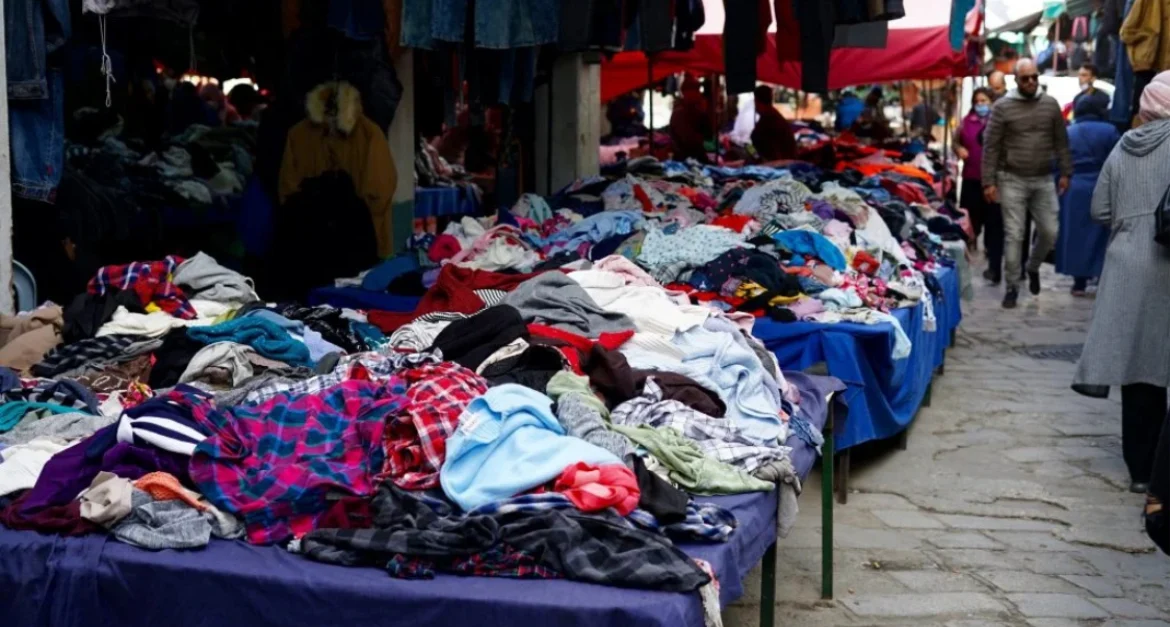Senegal clarifies misunderstanding over planned ban on second-hand clothing imports

The Senegalese Ministry of Industry, Trade, and SMEs has issued a statement addressing widespread misinformation regarding an alleged immediate ban on second-hand clothing imports, commonly referred to as “fëgg jay.”
The confusion emerged following a workshop held on December 9, 2024, in Dakar, organized by the German Corporation for International Cooperation (GIZ), to discuss boosting the national cotton sector.
In the statement, the Ministry emphasized that “there is no immediate or abrupt ban, as has been misinterpreted.”
Instead, the decision is part of a medium- to long-term strategy aimed at supporting and revitalizing the local textile industry.
The Ministry explained that the plan involves reopening textile factories and establishing production facilities to enhance the cotton value chain, from cultivation to manufacturing.
These efforts are designed to “promote local consumption” and strengthen the domestic garment sector, thereby creating jobs and boosting economic growth.
Supporting Local Textile Production
Recognizing the significance of second-hand clothing to many Senegalese families, the Ministry reassured citizens that the proposed measures would not disrupt their livelihoods.
“The measure is not intended to penalize or put economic actors and consumers in difficulty,” the statement clarified.
Instead, the move aligns with a broader goal to “protect the local textile sector” while providing viable alternatives and support for those impacted by the changes.
The transition will be carried out progressively, taking into account Senegal’s social and economic realities.
Commitment to Inclusive Reform
The Ministry affirmed its commitment to collaborating with stakeholders to ensure a smooth transition.
Mechanisms for consultation and dialogue will be established to address concerns and develop solutions that benefit all citizens.
“This initiative reflects our dedication to supporting vulnerable populations while fostering the emergence of a sustainable and competitive local textile industry,” the Ministry concluded.
This policy underscores Senegal’s efforts to balance economic resilience with social inclusion as it works toward a stronger, locally-driven textile industry.
About The Author
dailymailafric
I am an avid African news observer, and an active member of Daily Mail Africa.
I’m Passionate about staying informed on diverse topics across the continent,
I actively contribute to publishing on political, economic and cultural developments in Africa.



